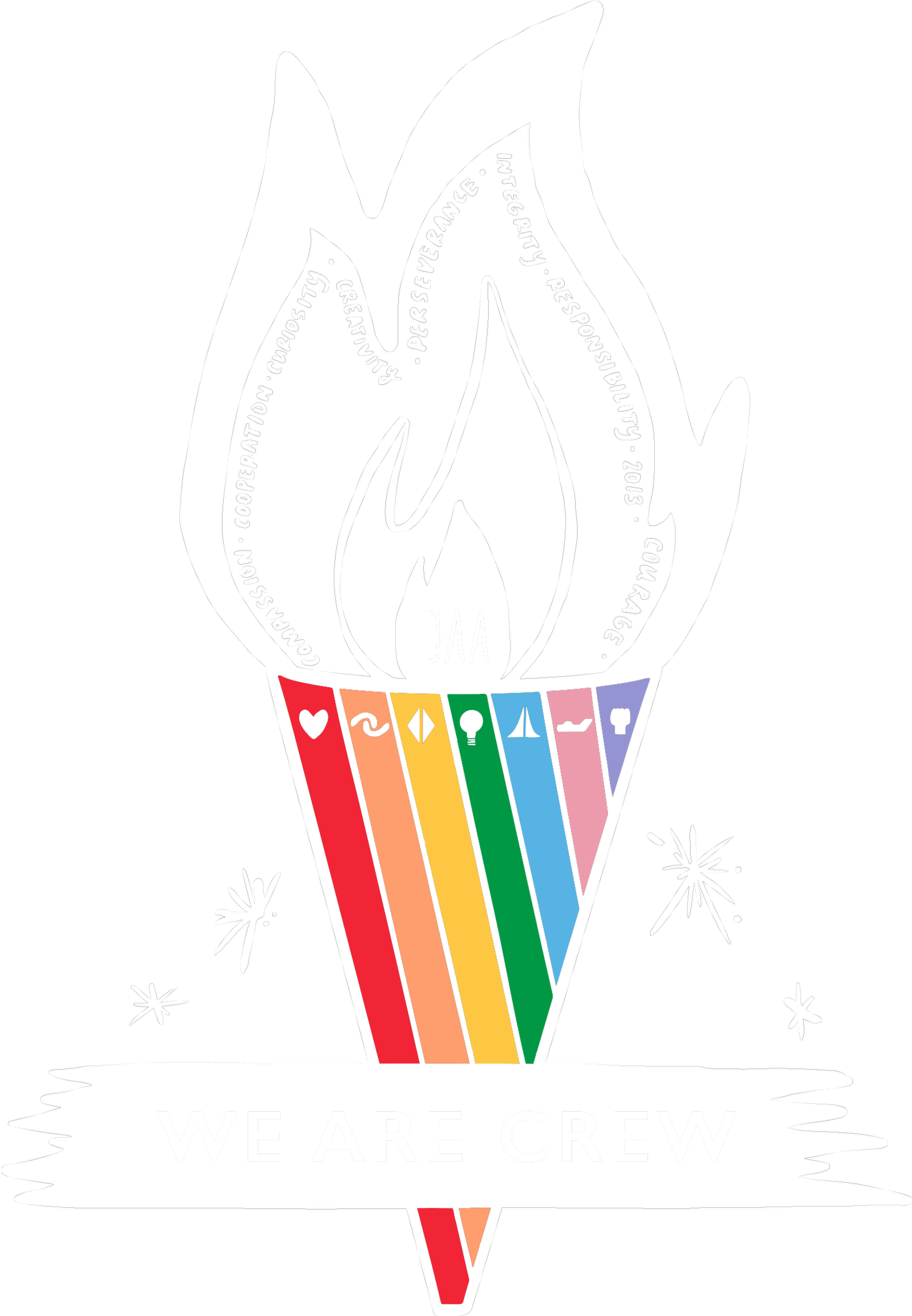5 Ways We Integrate Expeditionary Learning All Day Long!
Photo by Ali Elisabeth.
At Detroit Achievement Academy, we are a proud EL Education school. As you’ve undoubtedly read in previous blogs, such as Ms. Markey’s First Grade Case Study #1: Soil, our expeditions provide the foundation for deeper learning, high levels of student ownership, and exceptionally high-quality student work. What sets this kind of learning apart from other types of project-based learning is that our expedition content lives across reading, writing, and math. Here are five ways we integrate expedition throughout the day:
1) We tie expedition content into our writing lessons. In order to be experts on a topic, students synthesize their learning in authentic writing opportunities. For example, to wrap up our Coffee Expedition (see Mrs. Compagner’s blog on second grade’s coffee expedition for more information!), our second graders are writing persuasive letters to coffee companies across the country about why they should donate coffee to our crew.
2) We use expedition books as anchor texts for reading lessons. Teaching a lesson about non-fiction text features? What better way to integrate content than to use a book about your expedition topic as one of the anchor texts for you unit. Not only will students have a more authentic experience with their reading lesson, they will also have more exposure to expedition content to become true experts!
3) We bring math skills into expedition activities. Students are often graphing and analyzing data related to expedition. One great example of this is our first grade expedition around rehabilitating a local park—they surveyed our school to see what people would look for in a great park, graphed the results, and determined their next steps.
4) We use rubrics that span content areas. A huge part of EL Education is producing a meaningful, high-quality product to be proud of that also provide evidence of student learning. Many of these rubrics include strands about reading, writing, listening, and speaking so that students are working toward the same standards-based skills in expedition as they are in other content areas.
5) We are crew! A HUGE component of EL Education is the idea that, “we are crew, not passengers.” This mindset lives in every activity over the course of the school day as our students (and staff) work together to collaborate, give one another feedback, and support each other.

